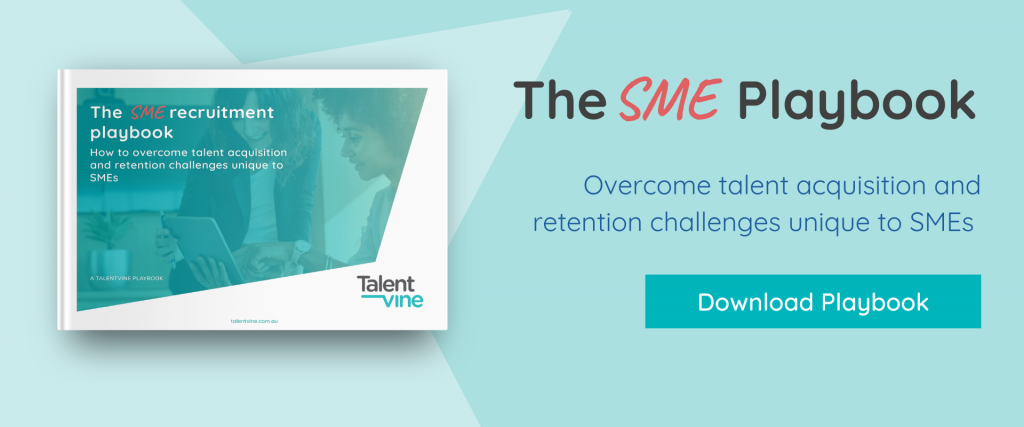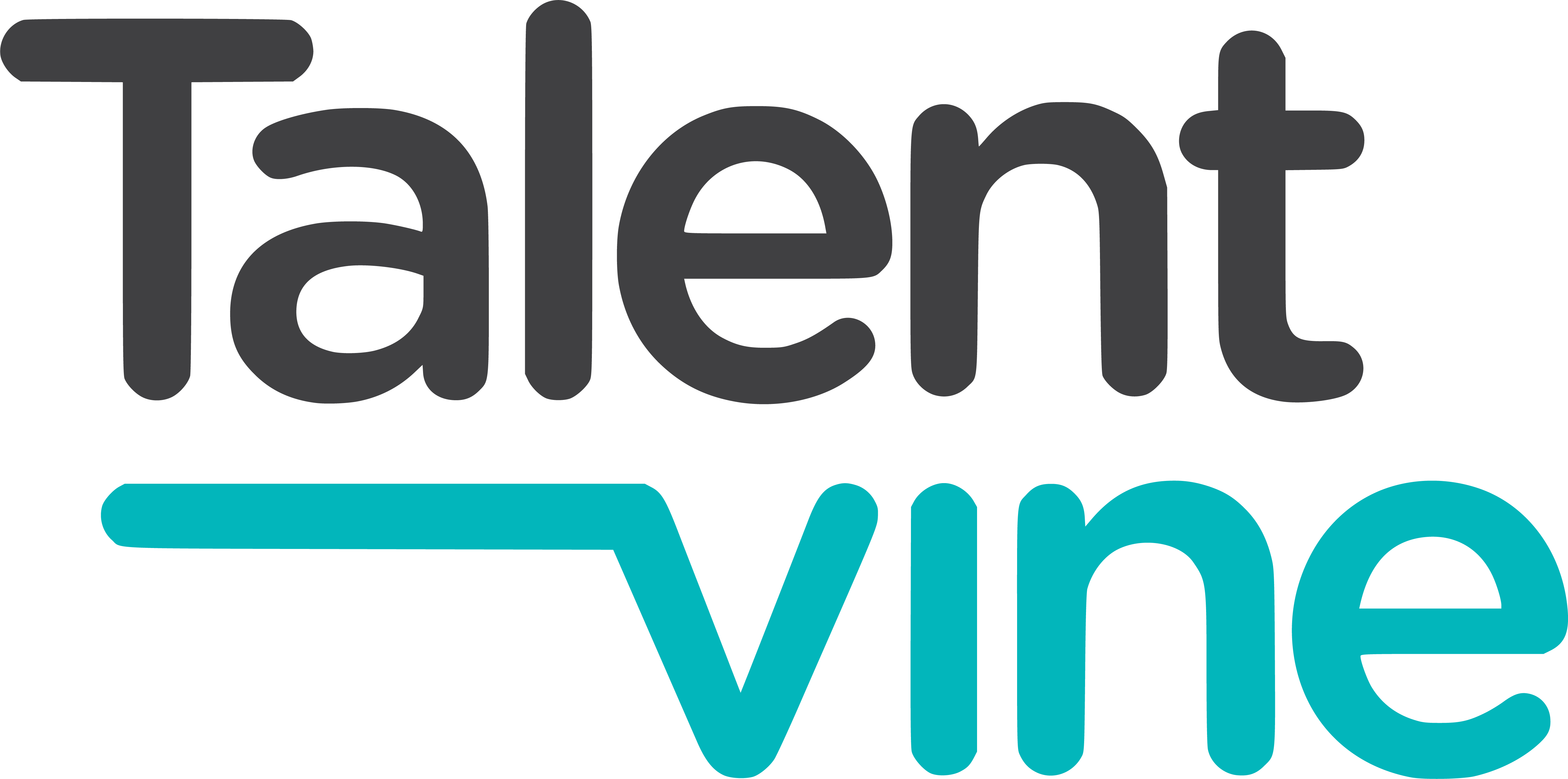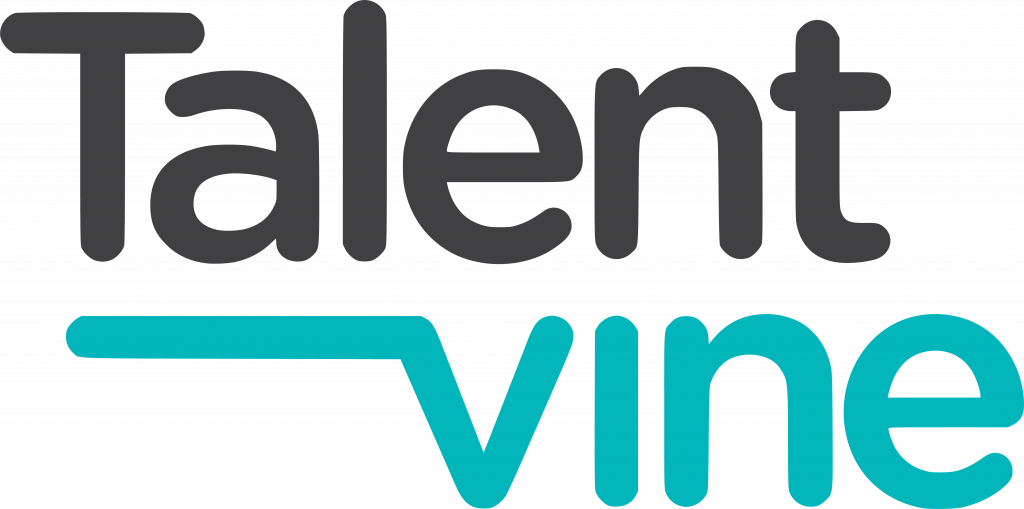Throughout the recruitment process, interviews are one of the best opportunities you’ll get to assess a candidate’s suitability. It’s also an opportunity for the interviewee to do the same, and decide whether or not they want to work at your organisation. With talent acquisition teams having done a stellar job of nurturing the talent channel, it’s crucial that your hiring managers continue this into the interview.
It is growing more and more important for talent acquisition teams to provide training to hiring managers to ensure they deliver a fair, consistent, and high-quality process that benefits both the organisation and the candidates.
This article explains why this is so vital and provides some tips for how you train your hiring managers effectively.
Why Train Hiring Managers to Interview?
No matter how experienced your hiring managers are, training should be provided to ensure expectations and responsibilities are communicated. What worked at a previous organisation may not work at yours, and you want to ensure a consistent interview experience across multiple hiring managers.
Untrained hiring managers could potentially mean that your employer brand is not portrayed well in the interview, or opportunities are not explained properly, which can turn the candidate off. Untrained interviewers may also result in the right questions not being asked, and the organsiation not having the information it needs to decide who to hire. Other things to consider include the legal aspect, ensuring that each interviewer knows what can and can’t be asked. The last thing any inclusive organisation wants is a hiring manager unwittingly asking discriminatory, or even unlawful questions.
Additionally, the more time that a hiring manager spends sitting in on interviews, the less time they have to spend on other responsibilities. That lost productivity can really add up, especially for organisations that are recruiting for a number of roles. In order to streamline the interview process and reduce the number of interview rounds needed, hiring managers must be trained to interview in a way that aligns with each other, and the goals of the organisation.
Hiring Manager Training Tips

Tackle Unconscious Biases
While we all may have unconscious biases, the first step to tackling them is acknowledging their existence. When interviewing, train your hiring managers to only focus on skills, aptitude, and culture. Anything else is not relevant and could subconsciously affect hiring decisions.
Keep it Consistent
Ensure that your hiring managers establish a set of questions that are consistent across multiple interviews. This allows them to compare candidates against each other by seeing how each answered the same question. It also eliminates the possibility of inequity, where one interviewee may get easier questions, or establish rapport with an interviewer through factors not related to their ability to do the job (shared interests, mutual connections, or otherwise).
Allow the Interviewee to Talk
In an interview, its natural for there to be gaps in the conversation. While its natural to want to fill these moments with small-talk or jokes, you should train interviewers to allow the candidate to do so instead. They’ll get a better idea of what the interviewee’s personality is like, based on how they decide to fill the dead air, or not. When their mind is searching for something to say, in the already nervous atmosphere of an interview, your hiring managers can get a peek at what’s behind those pre-planned answers.
Take Notes
This seems like an obvious one, but training your hiring managers to take detailed notes during an interview can be very beneficial. Not only does it help out the memory by allowing interviewers recall important points, but this also gives you the ability to easily compare and review candidates afterwards.
Get Back to Candidates
Following up with candidates, regardless of the outcome of the interview is good practice. It’s also good for business, as it helps to improve your employer brand and communicates that your organisation actually cares. Teach your interviewers to follow up with interviewees and provide constructive feedback to the unsuccessful. Who knows, a few years down the road they may reapply with everything you could ask for, or tell others what a great experience they had interviewing with you.
TalentVine is a proud member and sponsor of the Circle Back Initiative. This cause aims to improve the candidate experience by encouraging employers to circle back and respond to every applicant.
Learn MoreThings to Consider When Training Interviewers
Do the Hiring Managers have a clear understanding of the organisation’s values and goals?
Can they communicate clearly about the job description and the company’s needs?
Do they know how to put together an interview team and lead them?
Can they explain their vision for the interview process and why they’ve laid it out the way they have?
Do they know what questions they want to ask?
Do they understand what it takes to collect information from interviews in an efficient and unbiased way?
Can they recognise when and how to refine the interview process as needed?
In Summary
The job interview is one of the most important stages in the recruitment process, and ensuring that your hiring managers are well trained will help ensure your organisation gets the most out of this process. Ensuring fairness, communicating a positive employer brand, and getting valuable information from the interview are just some of things you should emphasise. Training your hiring managers will help your organisation to interview effectively, thereby reducing time to hire and ensuring you hire the right candidates.
In order to interview candidates, you’ll need to find them first. This can be tough in today’s talent-short market. TalentVine can help, connecting you to the best specialist recruiters in your industry at no additional cost. Simply post a role, receive bids from recruiters, and choose who to work with based on performance metrics, ratings, fees, and more.









